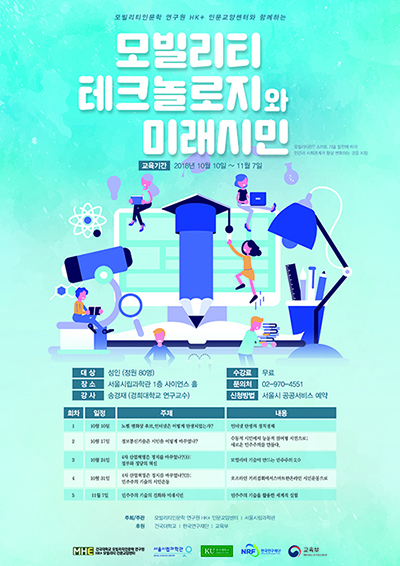The term “citizen” initially referred to individuals with political rights as members of a city or nation, but its meaning has expanded over time. Throughout history, the forms of politics and the concept and scope of citizenship have changed. In the mobility society, citizens are rewriting their history using information and communication technologies. This lecture delves into the origins and development of the concept of citizenship in history, examining our status and the future as citizens in the mobility society. Going beyond the boundaries of modern citizenship shaped by democratic revolutions, citizenship is expanding to encompass various social rights, including ecology, peace, poverty, sustainability, welfare, and information rights. Furthermore, future citizens utilising mobility technologies such as smartphones and social networks will gain new institutional powers, reshaping the preexisting social, political, and economic order.

- Humanities for Dreamers
- Off line
How did Information and Communication Technologies Change Citizens?
Lecture Information
- Date2018-10-17
- LocationSeoul Science Center
Instructor
Song, Kyungjae Ph. D. political science, Kyung Hee University. Former advisory board member in Eduin, Ministry of Education/ Korea Communications Standards Commission/ Ministry of Culture, Media Policy Forum, K-MOOC management/ Former Research Fellow in Local Press Commission. Currently, advisory board member in National Election Commission and research professor in Kyung Hee Institute for Human Society (conducting research and teaching in fields such as political process, election campaign analysis, internet politics, cosmopolitan civic education, social media/political communication, social science methodology, governance and social capital).

